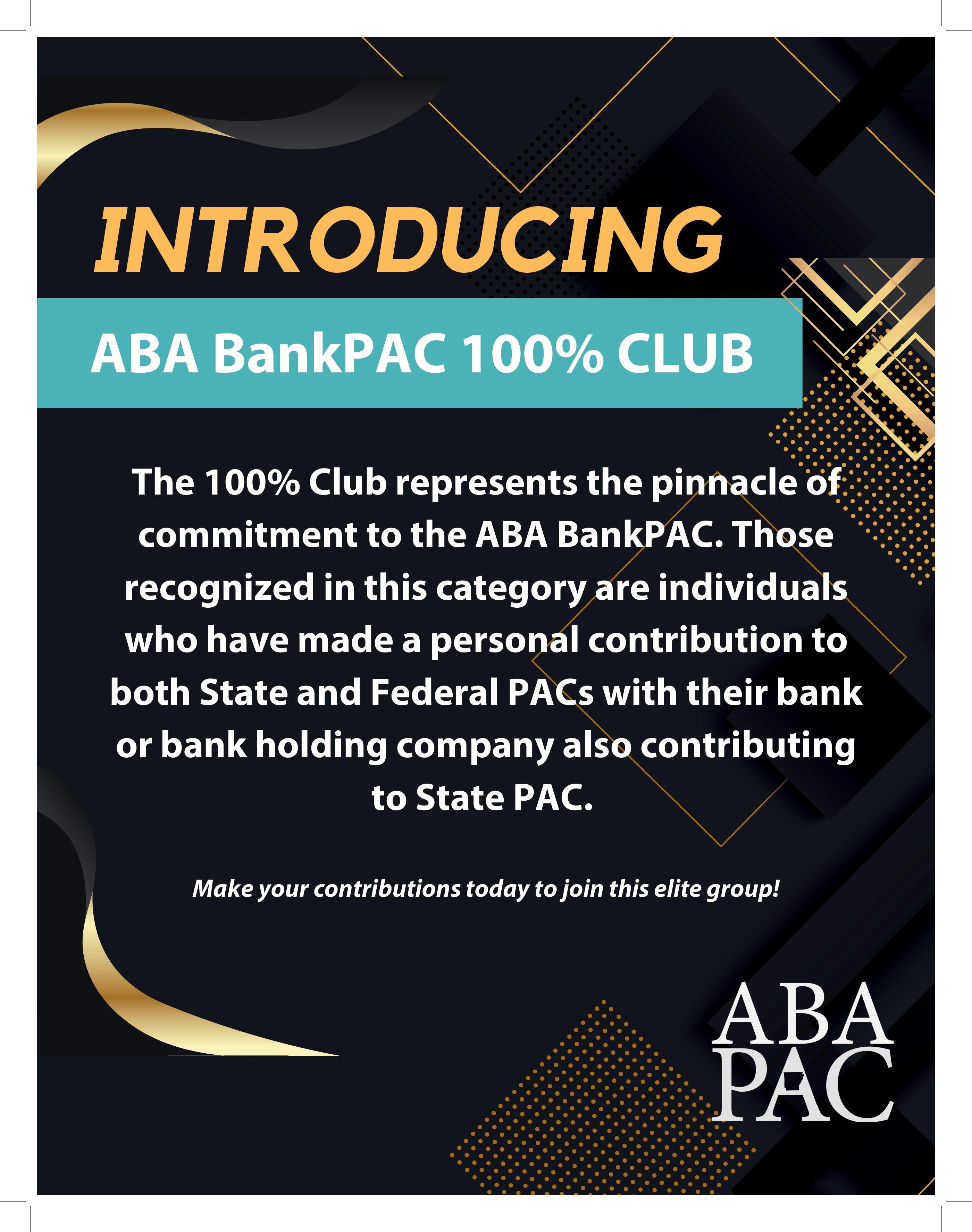
4 minute read
Director Training Part 2 –Education is the Key
Susannah Marshall | Commissioner | Arkansas State Bank Department
In my previous article, I briefly touched on the topic of director training. In the past few months, there have been several issues that have arisen during both routine examinations and outside of the on-site examination process which align with the topic of director training, and I would like to use this issue to expand on the following topics. Although one session of director training, within the first twelve months of Board membership, is all that is required by the Arkansas State Bank Department, I can’t express enough how important it is to evaluate opportunities for further training for Board members, both internal and external members.
The Directorate is tasked with significant responsibility, and they accept enormous responsibility and liability including financial, fiduciary and legal risk in exchange for their service to the institution and our industry. Although, it is important to note that the vast majority of time, Board members execute their duties and serve the institution with normal and routine processes and oversight. However, circumstances and situations do arise where the institution and the Board face considerable challenges. One key to success for both the institution and the Directorate, is the execution of sound principles, knowledge of regulations and implementation of appropriate corrective measures when necessary.
With the sheer volume of both state and federal rules and regulations, as well as the basic tenets of Capital Adequacy, Asset Quality, Earnings Performance, Liquidity and Funds Management and Sensitivity to Market Risk, it can be overwhelming for any director to feel knowledgeable and prepared to appropriately lead and direct the affairs of the institution. But the following major rules and regulations warrant an increased understanding and awareness in order to diminish some of the risk to individual Board members and the bank itself. As I previously stated, our team has engaged in many recent discussions around these supervisory requirements.
Each Board member and each management team should possess a strong understanding of both Regulation O and Regulation W. Specifically, these two regulations point to the limitations and requirements which Board members must adhere to and can present significant risk if the institution is found in violation of either federal regulation. Also, we are seeing an increase in violations or supervisory findings pertaining to the Bank Secrecy Act. The breadth and complexity of the Bank Secrecy Act requires a much deeper understanding hence the annual training requirements for this regulation. The impact of failing to maintain a strong Bank Secrecy Act program can lead to the highest level of regulatory oversight and potential for financial obligations and penalties against the bank. Further, we continue to work with management teams to ensure proper oversight and application of the Legal Lending Limit. Although most banks rarely have issues regarding compliance with the Legal Lending Limit, violations can create issues both individually and collectively for the Directorate hence requiring a high level of diligence and oversight.
Although a bank’s management team is charged with leading the institution on a daily basis and implementing strong compliance programs for the adoption and adherence for all applicable laws and regulations, it is of utmost importance that Board members maintain an individual understanding and competency for certain regulations. I fully appreciate that this objective can be especially challenging for external directors. As we are starting a new year and Board members are being selected and reappointed, I encourage each bank to consider an assessment of your Board’s training and consider if now is the time to identify ways to enhance or supplement the training and education of your Board. If the assessment proves that the Board has not had an opportunity to be exposed to external training or industry presentations or speakers in the past few years, perhaps consider options to provide or implement even a small session for the Directorate of the bank.
Many director education programs exist. Whether it is an offering by one of the many Graduate Banking Schools, or the Arkansas Bankers Association or American Bankers Association, an in-house session or a consultant facilitated program or even the upcoming annual Day with the Commissioner event held in conjunction with the Arkansas Bankers Association Annual Convention, I propose you consider taking advantage of the multitude of resources to provide your Board members with a new opportunity for training and support. I bet they would be interested in furthering their knowledge and awareness and enhancing their ability to better serve the institution, our industry, and their communities!






